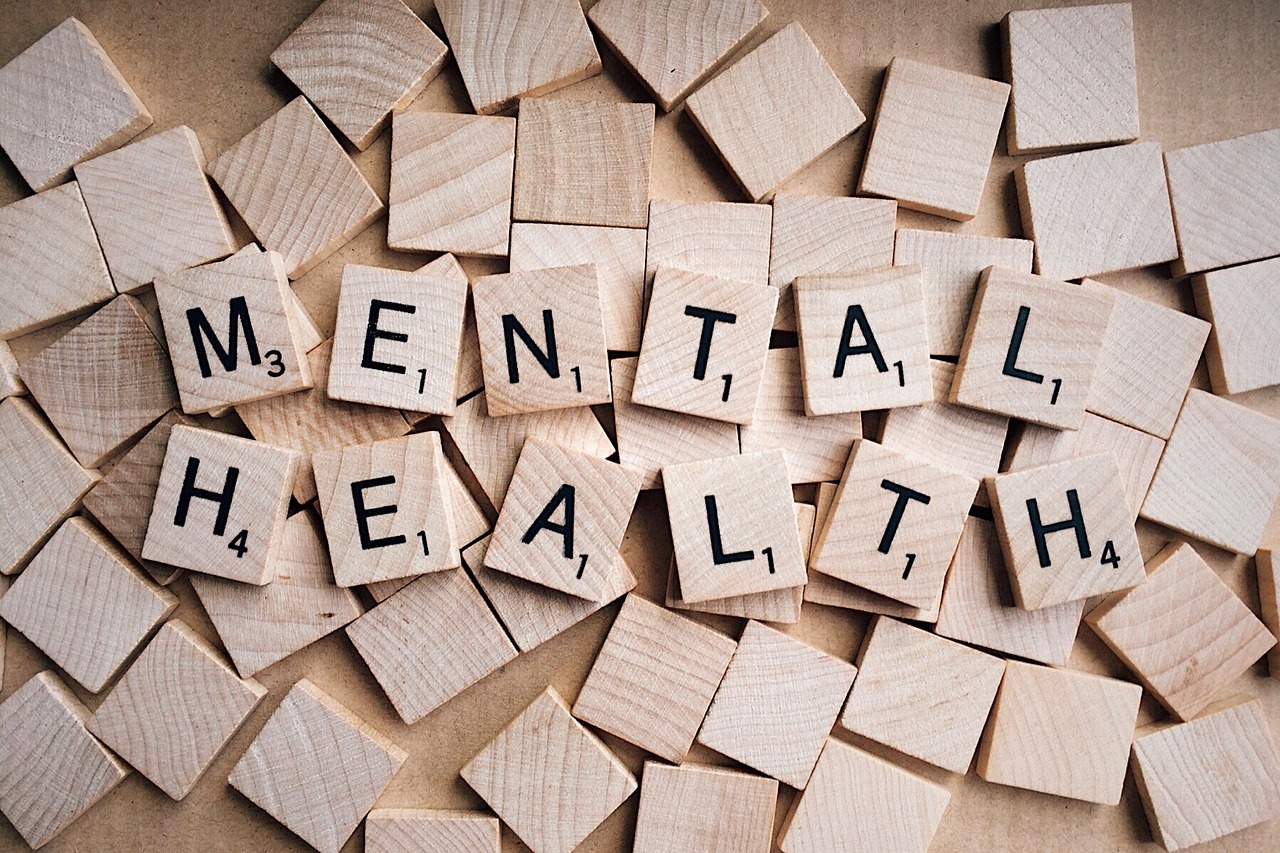
"The Police Service DESTROYED My Life" - How to Answer Mental Health Questions in Your Interview
Police Recruitment: How to Answer Mental Health and Well-being Questions
Why Your Approach to Mental Health Could Make or Break Your Interview
The harsh reality that many candidates fail to grasp is this: joining the police service could profoundly impact your mental health, your personal relationships, and your sense of self. This isn't scaremongering—it's the lived experience of thousands of officers across the UK.
When interview panels ask about the impact of policing on your personal life or your approach to mental health, they're not looking for surface-level answers. They're assessing whether you truly understand what you're signing up for and whether you have the resilience strategies to sustain a long, healthy career.
Why These Questions Matter More Than You Think
While many candidates worry extensively about vetting procedures that assess their risk to the service, they often overlook how these well-being questions assess the service's risk in taking you on.
Forces invest substantial time and resources in training new officers. The last thing they want is for you to leave after two years because you've become overwhelmed by the psychological demands of the role—or worse, to stay in the job while your mental health deteriorates.
The Identity Trap That Catches New Officers
One of the most common pitfalls for new police officers is allowing the job to completely consume their identity. I vividly remember the moment, about two years into my service, when someone at a party asked me a simple question: "What do you do outside of policing?"
I was stunned into silence. I couldn't answer.
Before joining, I had been an active person—scuba diving, mountain climbing, hill walking, playing squash—but gradually, without noticing, policing had become my entire life. Everything was "job, job, job," and I had lost my sense of balance.
This is precisely the kind of scenario that interview panels are trying to gauge your awareness of and preparation for.
Crafting a Standout Answer About Mental Health and Well-being
A strong response to questions about mental health and the impact of policing needs to demonstrate:
1. Self-awareness
Show that you understand your own mental health needs and triggers. Talk about how you recognise the signs when your mental health might be struggling and what steps you take to address this early.
2. Preventative strategies
Discuss your "happy places" and "happy activities"—the locations and pursuits that help you maintain equilibrium. Whether it's a specific beach in Wales (like my own sanctuary in Abersoch), a hobby, or quality time with loved ones, demonstrate that you actively plan for your mental well-being.
3. Understanding of the unique stressors in policing
Acknowledge the specific challenges officers face: exposure to trauma, shift work, compassion fatigue, and the difficulty of switching off from distressing incidents. Show that you've researched these issues and aren't entering the profession with rose-tinted glasses.
4. Knowledge of support systems
Familiarise yourself with the well-being support available in your chosen force. Most now have dedicated well-being units, peer support programmes, and access to psychological services. Mentioning these shows you've done your homework.
5. Impact on relationships
Discuss how you plan to communicate with loved ones about the demands of the role and how you'll work together to maintain healthy relationships despite the challenges of shift patterns and the emotional toll of the job.
Beyond the "Lone Wolf" Myth
The outdated image of the tough, self-sufficient officer who never needs support is exactly what forces are trying to move away from. Modern policing recognises that seeking help is a sign of strength, not weakness.
Your interview answer should reflect this contemporary understanding by showing that you value both self-care and reaching out for support when needed.
Balance Is Everything
The key message your answer should convey is that you understand the importance of balance. While policing may become a significant part of your identity, it cannot be your entire identity if you want a sustainable, healthy career.
As someone who has both experienced this challenge personally and supported thousands of officers through their careers, I can tell you that those who maintain interests, relationships, and activities outside of policing are invariably those who thrive in the long term.
Ready to Develop Your Well-being Strategy?
If you're preparing for a police recruitment interview and want to ensure your answers on mental health and well-being stand out, you're not alone. Our Bluelight community includes over 26,000 members—both aspiring and serving officers—all focused on police recruitment and career development.
With over 750 five-star TrustPilot reviews, our approach has helped thousands of candidates successfully navigate the recruitment process with authentic, insightful answers that demonstrate both their passion for policing and their commitment to personal well-being.
Click here to join our free Facebook group and gain access to discussion forums, resources, and insights that will help you develop not just your interview technique, but the genuine well-being strategies you'll need throughout your policing career.
Remember: The strongest candidates aren't those who deny the mental health challenges of policing—they're the ones who demonstrate they're fully prepared to meet them.
